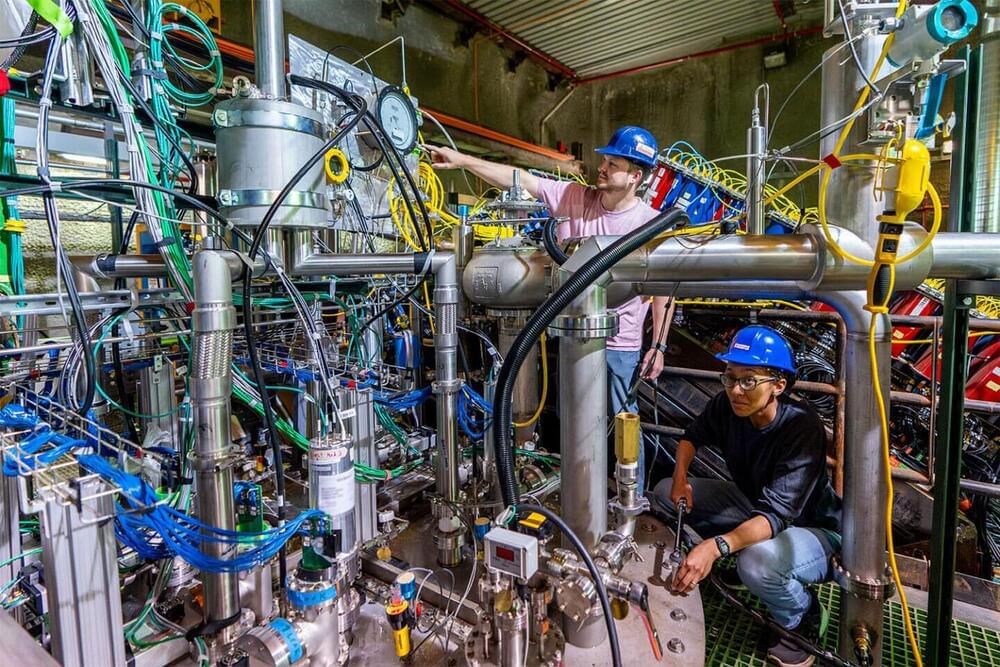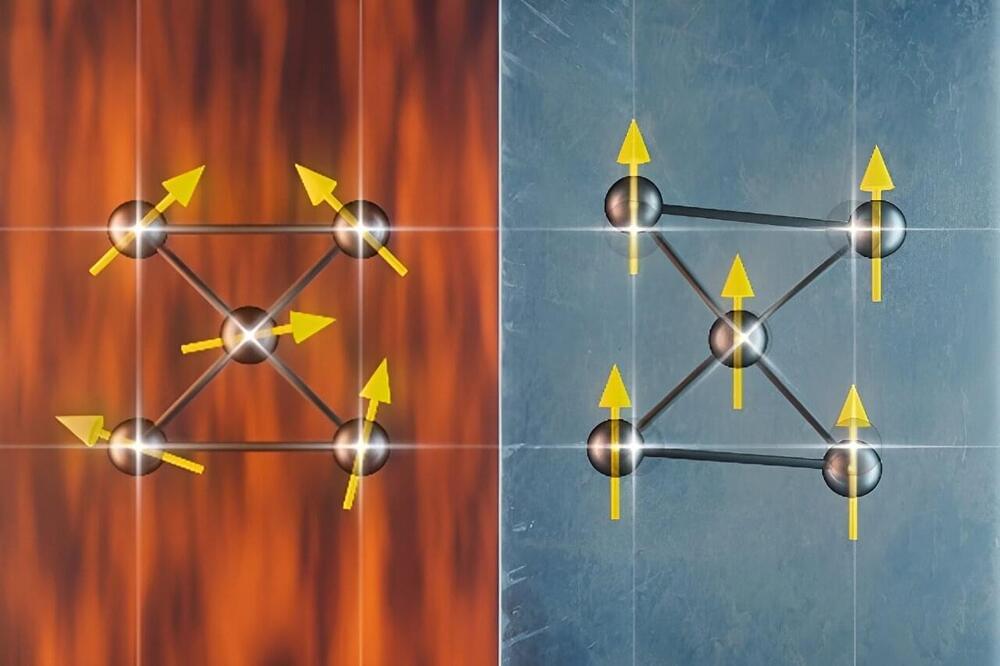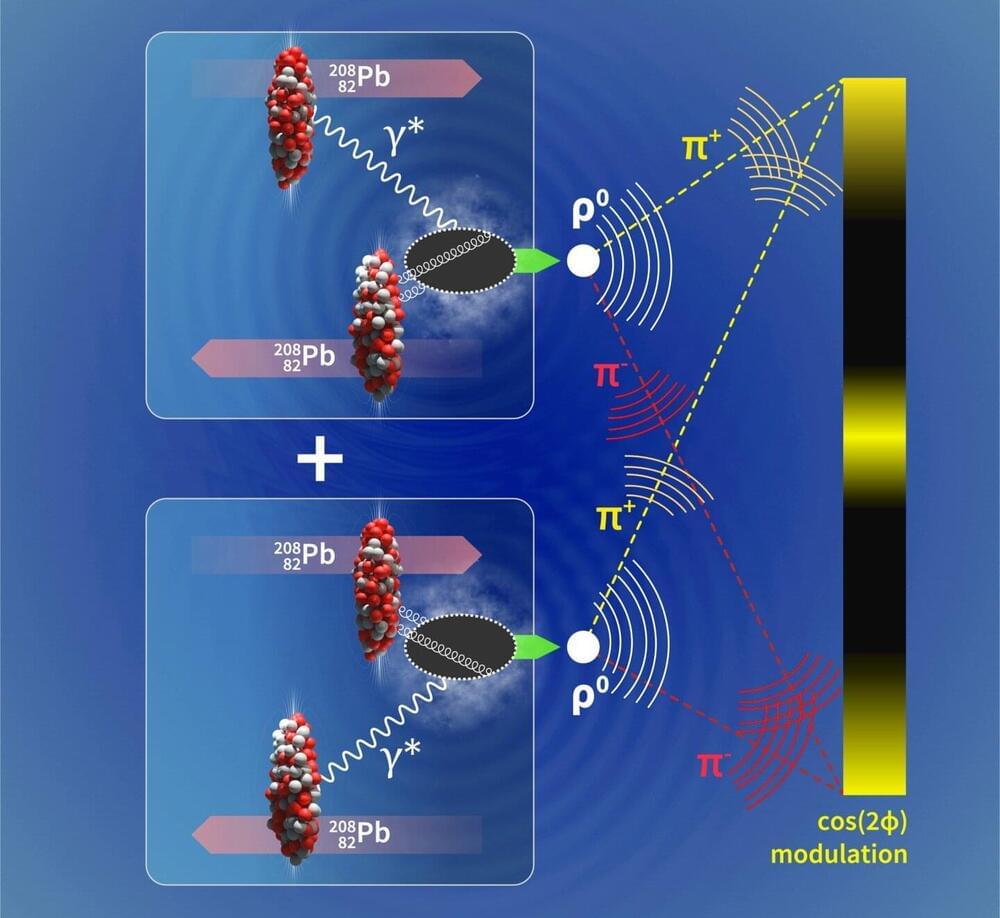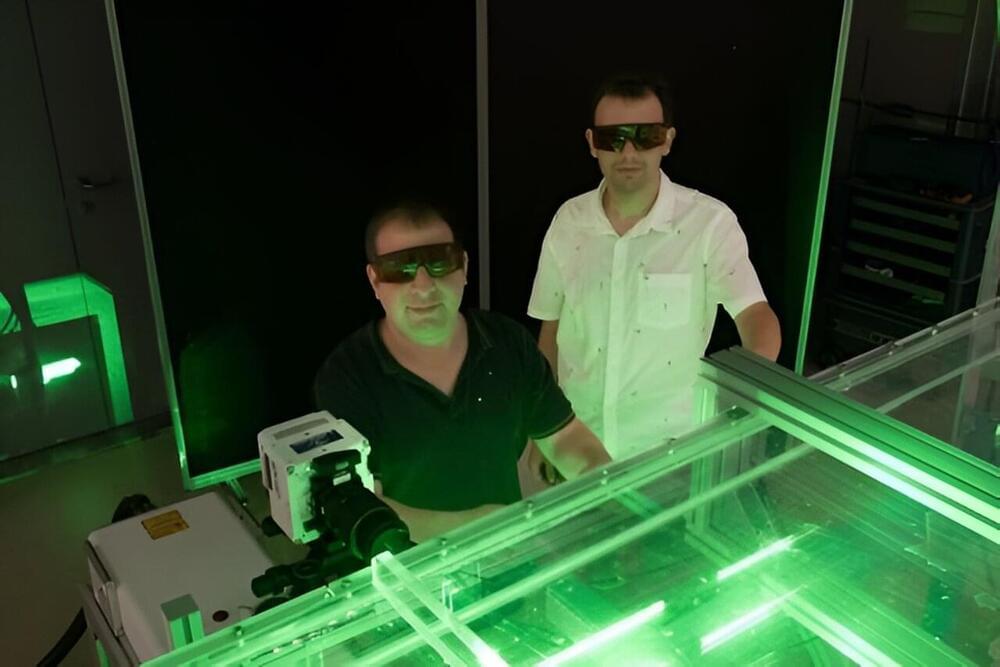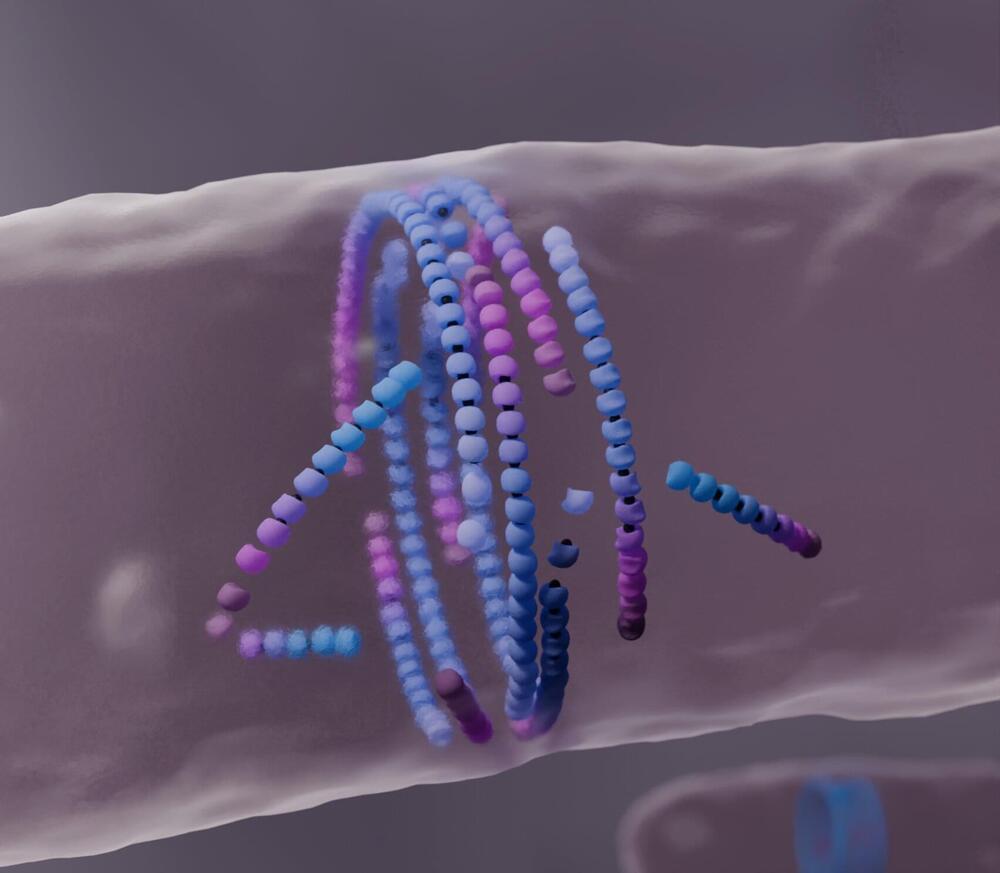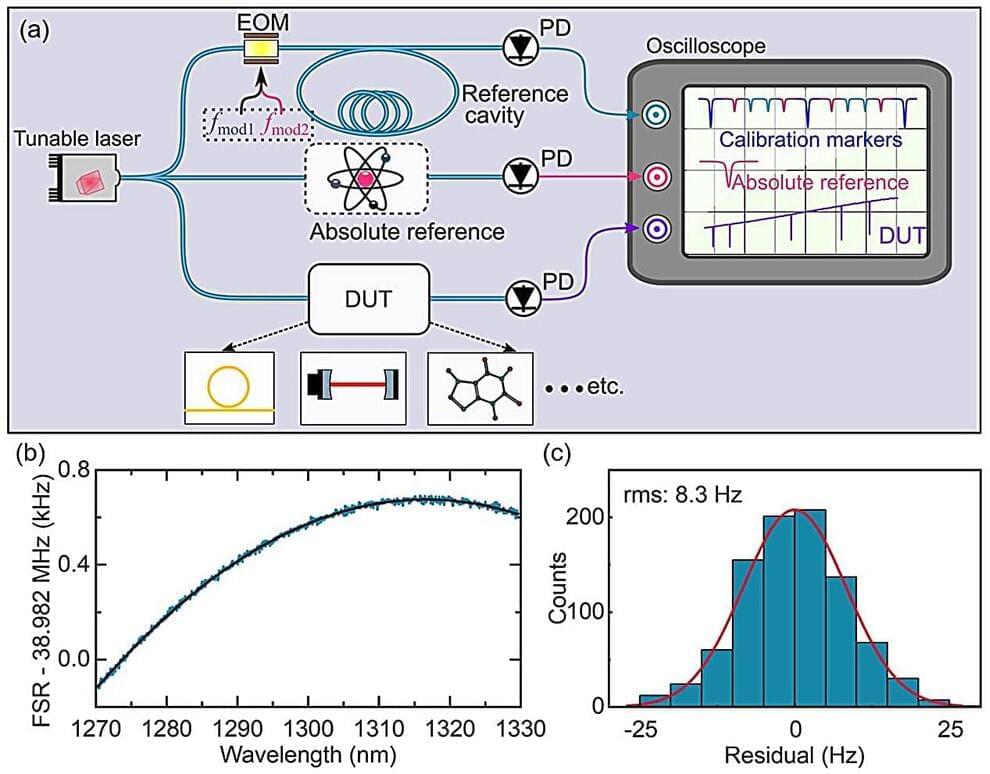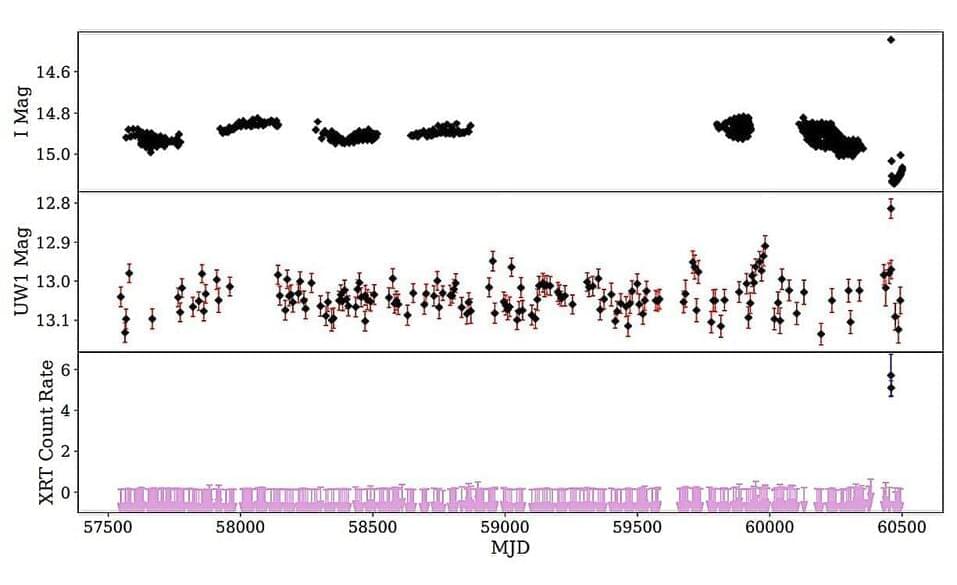Aug 13, 2024
Sheba Study: AI Can Spot Patients At Risk Of Pulmonary Embolism
Posted by Shubham Ghosh Roy in categories: biotech/medical, information science, robotics/AI
A newly published study by Sheba Medical Center, Israel’s largest and internationally ranked hospital, shows that AI analysis of medical records as patients are admitted to the ER can accurately identify those at high risk of pulmonary embolism (PE).
A pulmonary embolism is a sudden blockage in an artery in the lung caused by a blood clot, most commonly due to a dislodged clot in the leg. They are normally diagnosed during a CT scan.
Using machine learning, the researchers trained an algorithm to detect a pulmonary embolism before a patient was hospitalized, based on existing medical records.

